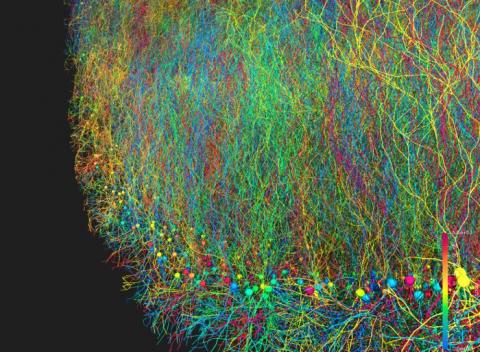Success stories
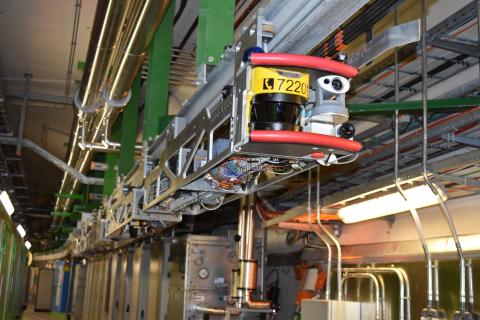
TIM, the Train Inspection Monorail, is a mini vehicle autonomously monitoring the 27-km long LHC tunnel.
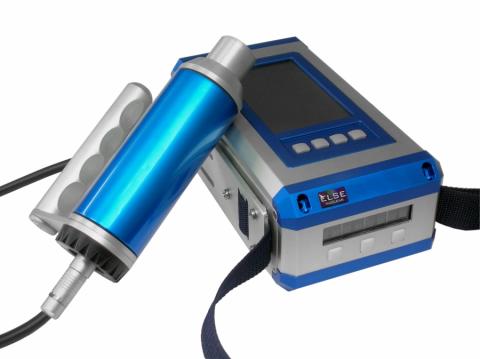
Initially developed for use by CERN's radiation protection group and the fire brigade, CERN's B-RAD portable radiation survey meter uses innovative solutions based on silicon photomultipliers to continue operating in the presence of high magnetic fields.

BAQ, a startup using CERN technologies, tackles radon in buildings.
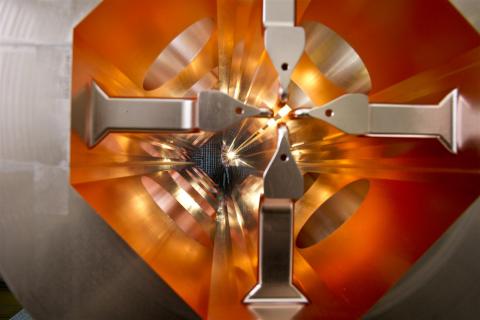
A portable RFQ acclerator expects to open up for new possibilities in art studies.
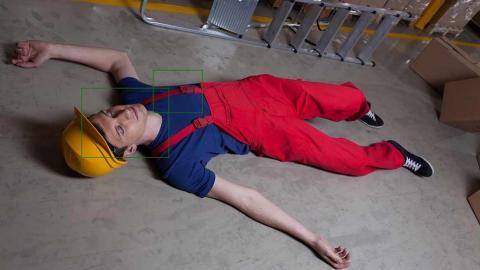
Two other projects initiated with the support of the CERN Medical Applications budget were quickly adapted to COVID-19 research: CAFEIN and MARCHESE.

The start-up Camstech Ltd joined the STFC-CERN Business Incubation Centre in 2016.
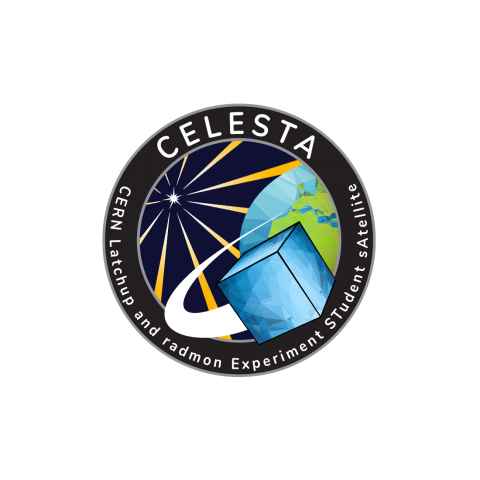
CELESTA stands for CERN Latchup Experiments Student sAtellite and will be the first CERN-driven microsatellite.
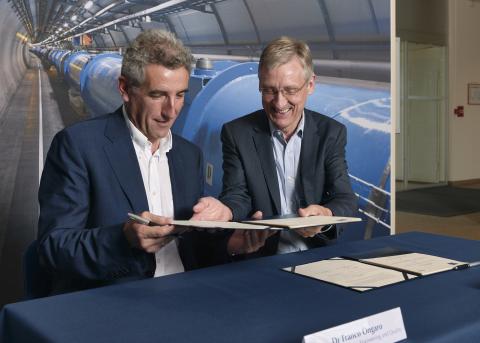
The collaboration agreement between CERN and ESA, signed in July 2019, addresses the challenge of operating in harsh radiation environments found in both particle-physics facilities and outer space.

